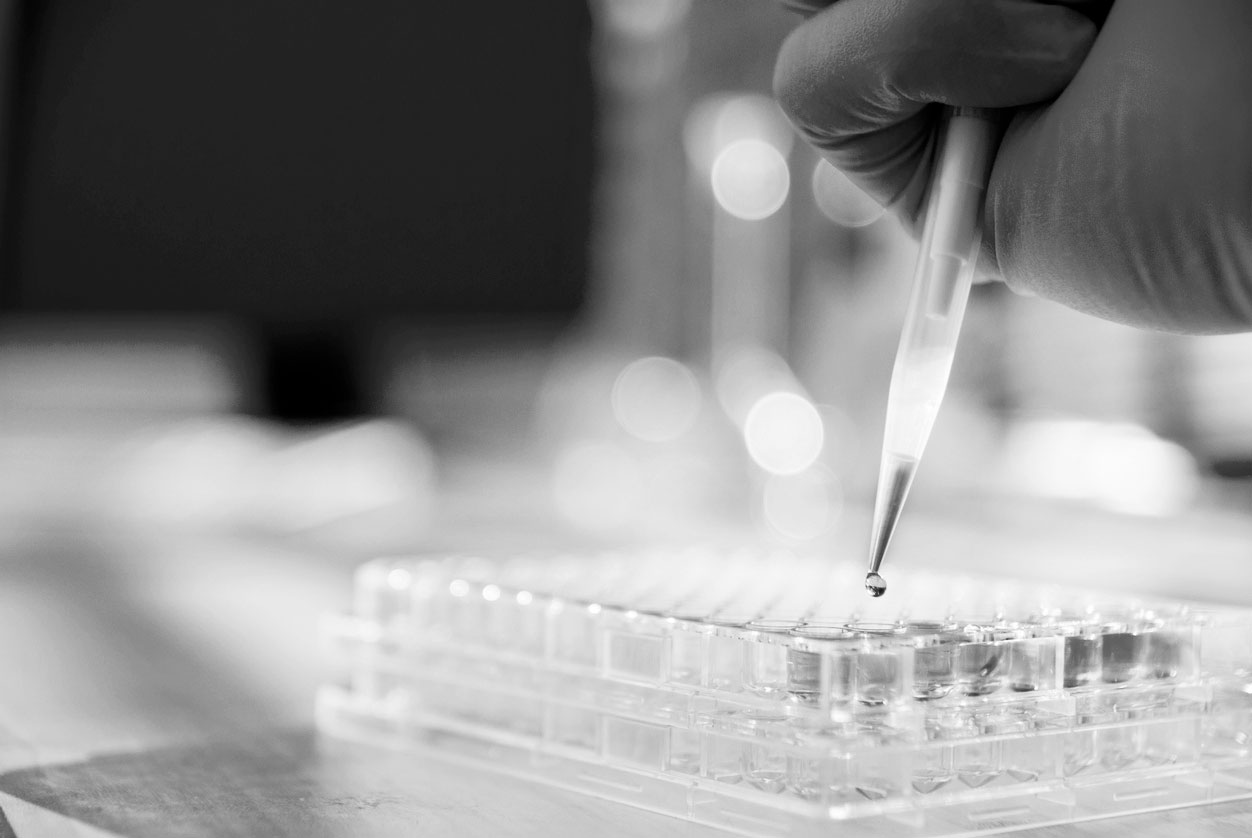We take a look at this week’s biggest developments, research and investment news from the world of Health Tech.
6 tech giants join forces to tackle healthcare interoperability
Microsoft, Google, Amazon, IBM, Oracle and Salesforce earlier this week announced their joint commitment to removing barriers for the adoption of technologies for healthcare interoperability, with a particular focus on those that are enabled through the cloud and AI. Together their vision and mission is to deliver enhanced patient care, higher user satisfaction and lower costs across the entire health ecosystem. Interoperability is an overlapping of technical and policy changes, from data access to information exchange to workflow integration. The issue is a major challenge for the industry and poses a barrier to healthcare innovation. The new task force (among many influences) ultimately inspired the creation of Fast Healthcare Interoperability Resources (FHIR) – a more open, agile approach to the development of healthcare standards.
Online pharmacy and delivery service Capsule secures $50M in Series B round
The New York City based company Capsule, closed this week with $50M in their latest funding round. The company, known for their same-day delivery policy, is now looking to expand its New York based business to a national market. Capsule offers same-day delivery for medicine from the date it is prescribed, and it prides itself on offering excellent customer experience by focusing on building trust and loyalty. According to Capsule’s Founder and CEO, Eric Kinariwala, their “proprietary technology supports the first pharmacy system that works for all of the stakeholders in healthcare — enabling customized outcomes for doctors, hospitals, insurers, and manufacturers”. Capsule works by enabling patients to receive a text to schedule delivery when their doctor prescribes medication. The company’s promise is to deliver to anyone in New York within two hours of engagement. The platform also enables patterns to transfer their refills from their old pharmacies to Capsule and doctors can also e-prescribe to Capsule immediately.
AI tool ‘as good as experts’ at detecting eye disease
This week, Google’s Deepmind AI made the news for correctly diagnosing more than 50 different eye diseases for further treatment, with 94.5% accuracy, in a trial with Moorfields Eye Hospital. The new machine-learning system is reportedly as good as the best human experts at detecting patients with eye problems and referring them for treatment. The way it works is, The system works when five separate machine-learning systems develop individual maps, which are then analyzed by a second series of five machine learning systems. These systems are trained on maps created from 14,884 OCT (optical coherence tomography) scans from 7,621 patients, which interpret the maps and each give a referral decision. These referral outcomes are then combined into one result, with a confidence rating expressed as a percentage. The maps and any differing or ambiguous results can be highlighted visually to a clinician for their own interpretation and explanation of the referral result.
Best Buy acquires tech company GreatCall for $800M
Amazon isn’t the only retailing brand making their mark in the healthcare industry! GreatCall the old guard digital health company, which began its inception by producing smartphones for the aging generation in 2006, has this week been acquired by retail chain Best Buy for $800M. GreatCall not only produces smartphones, but also offers a suite of connected safety products and services for the aging population. They also focus on personal emergency response services for senior citizens and have over 900,000 paying subscribers. According to a press release, the acquisition is part of a larger strategy by Best Buy to invest in technology for the ever-widening over-65 market through 2020.
Interesting reads for the weekend:
- The NHS at 70: Medopad’s Alex Gilbert Reviews
- How tech is transforming the NHS and communications
- Alphabet puts another $375 million into Josh Kushner’s Oscar Health, just months after previous investment
- Highly compensated doctors often fail to disclose relationships with medical device companies
- NHS turns to deep learning to fight heart disease
- VR optics could help old folks keep the world in focus
